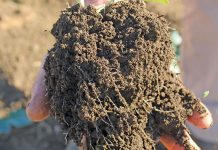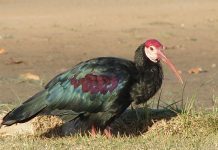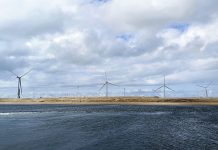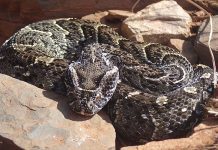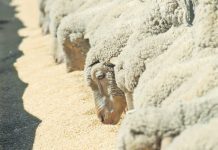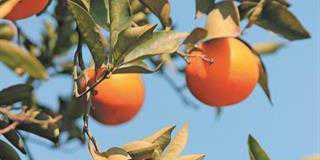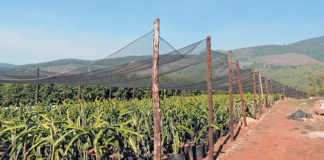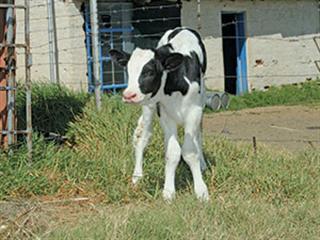
The incidence is about one to two affected calves in the average 400-cow New Zealand herd a year. According to farmer co-op Livestock Improvement Corp’s (LIC) acting chief executive, David Hemara, it is an important discovery. “Identifying the gene means we can start managing a problem which has existed on farms for decades,” he says. LIC’s genetics database and pedigree records allowed researchers to find data suggesting that the genetic variation existed in the early 1960s and possibly before then.
Federated Farmers dairy spokesperson Chris Lewis agrees that the LIC’s work in isolating the gene is a breakthrough.
“This recessive gene means that calves are born a normal size but simply do not grow,” he explains. “With the gene now isolated, LIC believes they could eliminate it from breeding sires as soon as mating in 2018. This augers well for the future.”
Artificial breeding company CRV Ambreed NZ says eradicating the genetic variation from the national herd is a priority.
“CRV Ambreed will work with LIC to manage this genetic variation so that its impact is minimised on farms,” the company’s Angus Haslett says. LIC used DNA sequencing technology to find the gene, and its presence has been confirmed in a number of AI sires in New Zealand. LIC estimates that, over 30 years, approximately 350 of its bulls have carried the genetic variation.
The mode of inheritance is recessive because an animal needs two copies of the variation before it is affected. Where both parents carry the recessive variation, there is a one-in-four chance that the progeny will be affected. The discovery has led to the development of a DNA screening test that LIC is applying to all its bulls. The test will also be made available to other genetics companies.
LIC says that it will ensure bulls entering the LIC sire-proving scheme do not carry the genetic variation. This will mean the present incidence in the Holstein-Friesian herd will reduce to almost zero over time.

